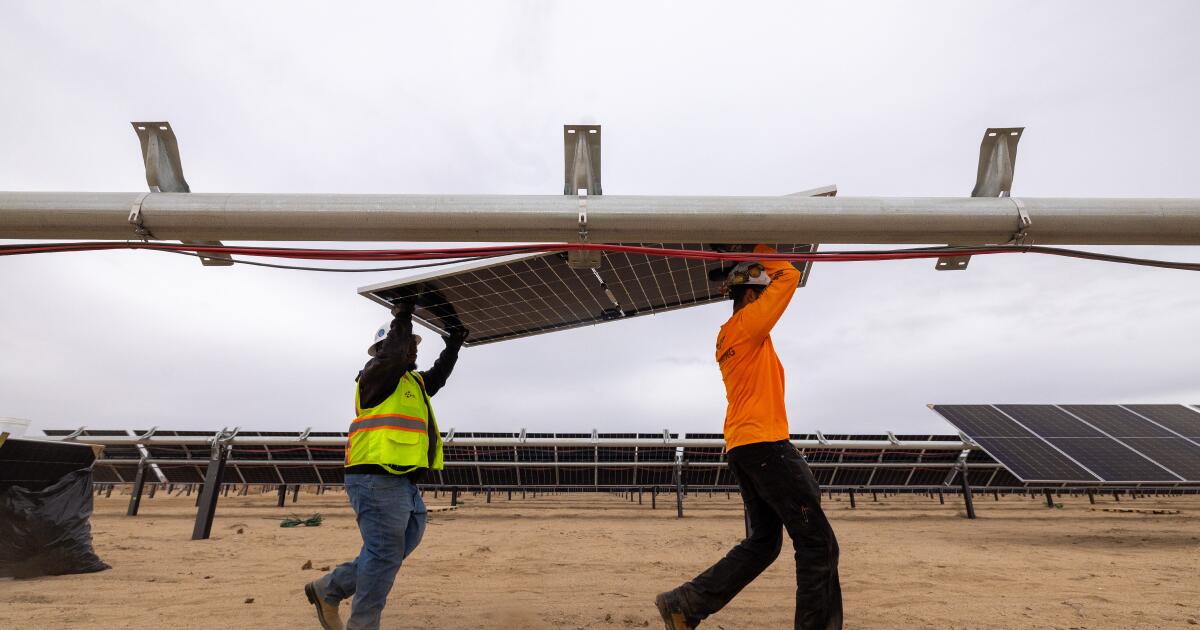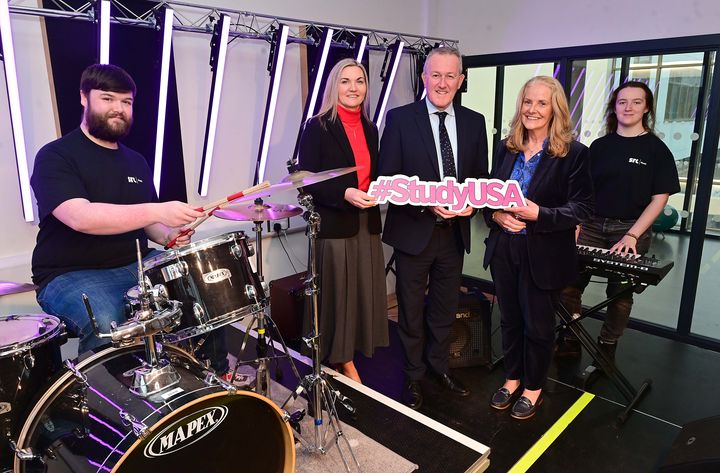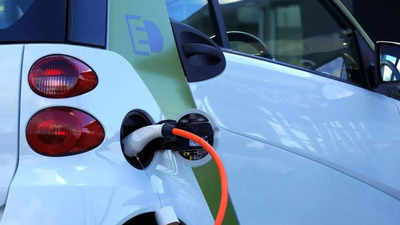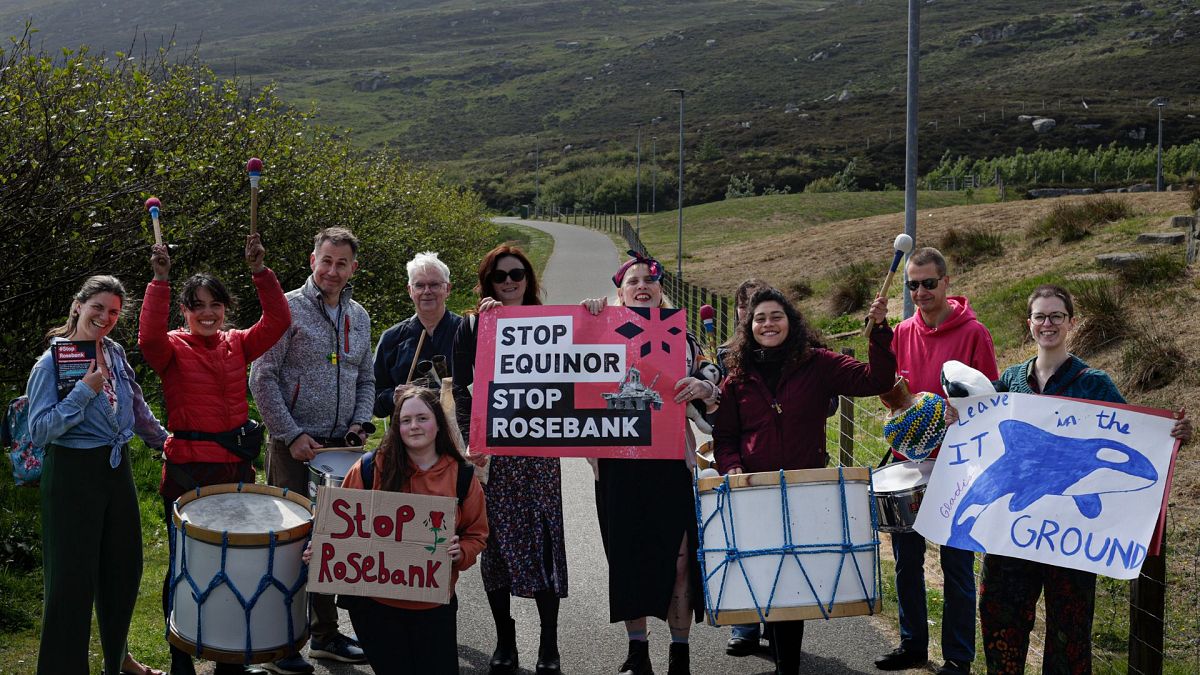
The question isn’t whether the energy transition will happen. It’s how quickly we can shift from lung-damaging, planet-warming fossil fuels to clean energy, and how much harm we can prevent in the process. That’s why President Biden is rushing to get billions of dollars in clean energy loans finalized before President-elect Trump takes office, per Canary Media’s Akielly Hu.
It’s also why the owner of a major Los Angeles oil field is suing California over a law meant to force the company to cease production, as The Times’ Tony Briscoe reports. This isn’t a zero-sum game, where one side wins and the other loses. Climate advocates know that the more heat-trapping carbon pollution we keep out of the atmosphere, the fewer people suffer and die.

Oil and gas executives know that the more they drill and pump, the more they profit, even if they’re eventually forced to stop. Fortunately, there’s been some good news lately: As usual, though, the clean energy transition faces plenty of obstacles. There are few bigger climate stories these days, for instance, than the rapid expansion of data centers to provide computing power for artificial intelligence, which in turn is driving huge new electricity demand — including from fossil fuels.
Eventually I’ll write about why solving this problem isn’t as easy as tech giants snapping their fingers and shouting, “Nuclear!” For now, this story by Canary Media’s Jeff St. John offers an excellent primer. We should also talk about the Trump transition.
Here’s what’s happening in Washington, D.C.: Speaking of wildlife, the Arizona Republic’s Brandon Loomis wrote about new research exploring which animals have been able to pass through the sections of U.
S.-Mexico border wall that President Trump built during his first term — and how possible future sections could be constructed to limit impediments to wildlife migration. Elsewhere in D.
C., Supreme Court Justice Neil M. Gorsuch recused himself from a potentially momentous case involving a Colorado oil train, after congressional Democrats cited his ties to Denver oil billionaire Philip Anschutz.
Details here from CNN’s John Fritze. (For background on why the case could have major consequences for U.S.
environmental law, see this story by the Colorado Sun’s Jason Blevins.) In other fossil fuel news: Again, fossil fuel companies can’t stop the energy transition — clean power is too cheap, public support too widespread. But that doesn’t mean tackling all of our energy problems will be easy — far from it.
A few final examples: On that note, here’s what’s happening around the West: WATER, WATER EVERYWHERE Where’s Herbert Hoover when you need him? Before he became infamous for serving as president during the early years of the Great Depression, he was the U.S. Commerce secretary who oversaw negotiation of the 1922 Colorado River Compact — which still governs the river.
Alas, the century-old compact is increasingly butting up against climate-fueled megadrought, growing cities and water-thirsty farm empires — and the seven states that depend on the river are at an impasse. As my L.A.
Times colleague Ian James reports , the interstate rules that currently apportion Colorado River water cutbacks during dry years are set to expire in 2026. And an annual conference in Las Vegas that usually yields fruitful discussions was instead dominated by accusations and concerns about possible litigation. Things got so bad in Sin City that California’s lead Colorado River negotiator accused other states of seeking to build “pipelines to more golf courses,” which prompted Wyoming’s lead negotiator to calls those kinds of claims “bullshit,” per the Arizona Republic’s Brandon Loomis.
Not that I really think Hoover (for whom Hoover Dam is named) could have solved the problem. He was able to negotiate a deal in part by pretending there was a lot more water in the river than there actually was. It’s not just the Colorado River feeling the pinch from global warming and overuse: Before we close out the water section, let’s talk about salt lakes: ON THE LANDSCAPE Let’s start with a reminder that cities are landscapes too.
Here in Los Angeles — one of two megacities where big cats roam the streets, the other being Mumbai — a new study finds that mountain lions living near popular recreation areas in the Santa Monica Mountains spend more time hunting and carrying out other activities at night, to avoid humans, as my L.A. Times colleague Lila Seidman reports .
It’s a helpful but potentially costly adaptation for the beloved creatures, Lila writes. Meanwhile, efforts to secure a star on the Hollywood Walk of Fame for L.A.
’s most famous mountain lion, the late P-22, have thus far fallen short , per The Times’ Jeanette Marantos. In other wildlife news, the National Park Service has chosen the health of Point Reyes’ tule elk over the interests of nearby cattle ranchers. After years of debate, fencing that prevented elk from accessing food and competing with cattle for food will be removed , my colleague Summer Lin reports.
Elsewhere on our public lands and waters: Lastly, I enjoyed this short video by The Times’ Safi Nazzal about how the world’s most beautiful Taco Bell, on the California coast in San Mateo County, is experiencing sea level rise. Even Taco Bell is not immune. ONE MORE THING Food loss and food waste are responsible for up to 10% of global climate pollution — and Americans waste half a billion dollars’ worth of groceries on Thanksgiving alone.
I know we’re a few weeks removed from the holiday, but this is a year-round issue. Here are some ideas for how we can do better , from my colleague Kate Linthicum. On a related note, a new law in California will ban “sell by” dates on food labels, to reduce waste.
Here’s advice on how to navigate grocery stores once the law takes effect, from The Times’ Sandra McDonald. See you on Thursday. This is the latest edition of Boiling Point, a newsletter about climate change and the environment in the American West.
Sign up here to get it in your inbox . Or open the newsletter in your web browser here . For more climate and environment news, follow @Sammy_Roth on X and @sammyroth.
bsky.social on Bluesky..















